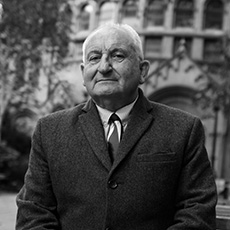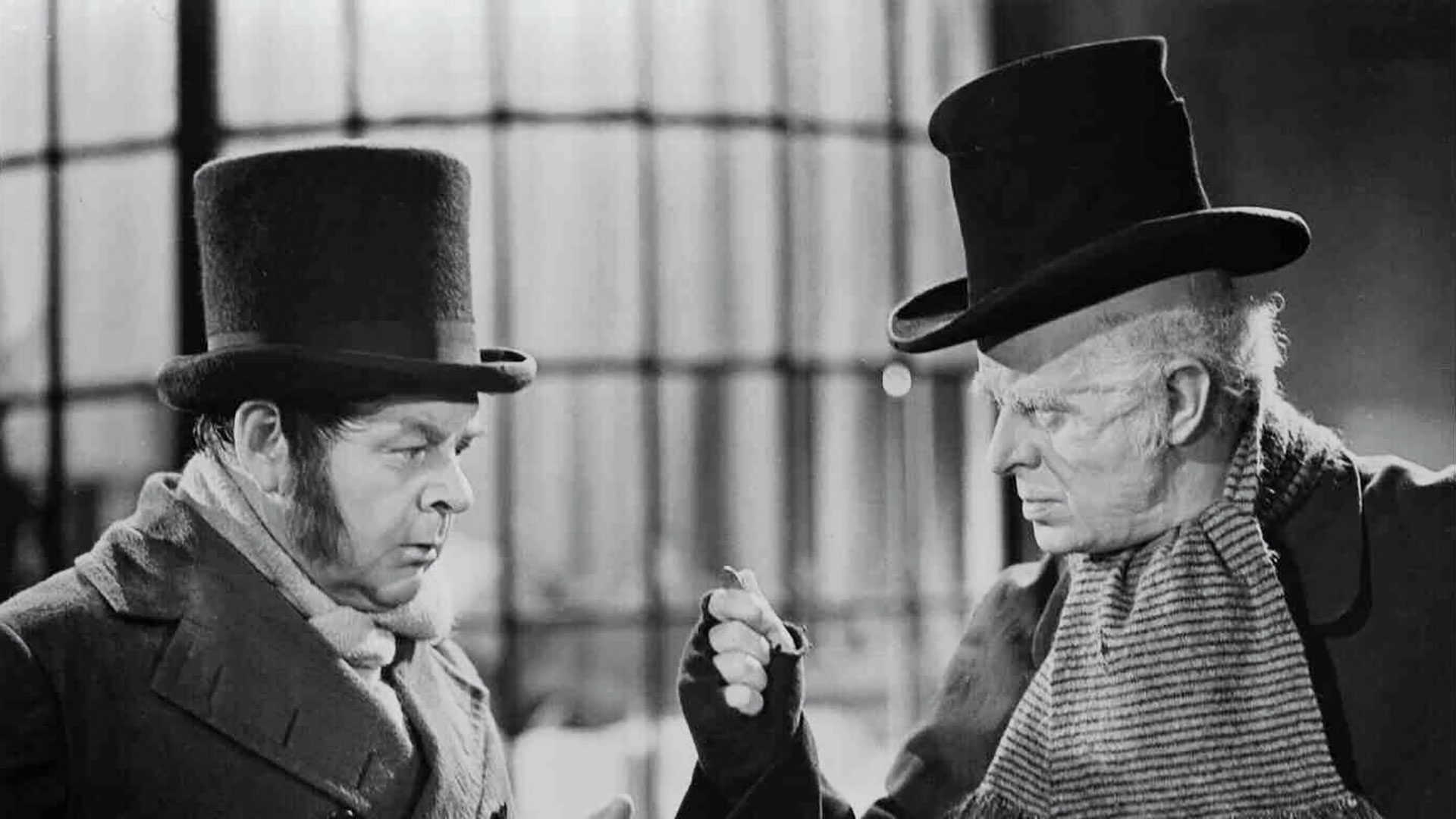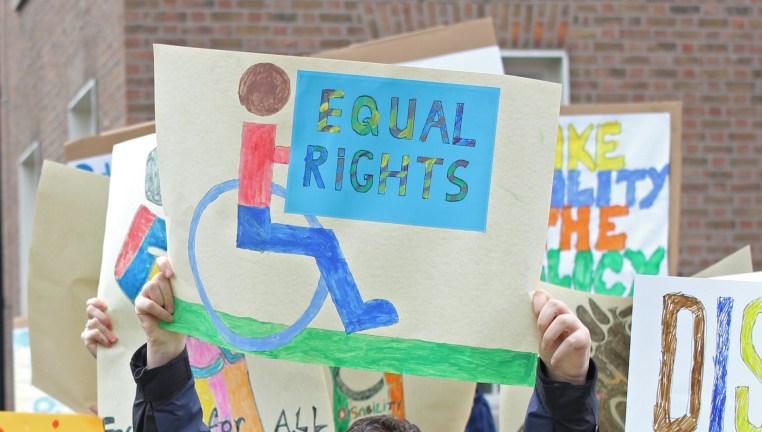Bob Cratchit wasn’t worth an awful lot to Mister Scrooge, and possibly Messrs Marley and Scrooge. This winter you can go to Stratford-upon-Avon, birthplace of William Shakespeare and watch the Royal Shakespeare Company perform Charles Dickens’ A Christmas Carol, which until its ending scenes shows how lowly Scrooge thought of his underpaid clerical assistant, Bob.
Bob was a thrupenny clerk; or that’s how Scrooge used him for most of the story. Scrooge could ‘out’ him one day and take another ‘Bob’ from the mob of ‘Bobs’ there were in the world. And until Scrooge turned over a new leaf and became exemplary in terms of charitableness, he probably threw out a regular amount of ‘Bobs’ to fend for themselves. In a world that couldn’t make much out of an ordinary ‘Bob’, and hard-hearted exploitation ruled the day, Bob was no more than a cypher.
Now of course, if Bob Cratchit was like Uriah Heep, who appears in Dickens’ David Copperfield, who was incredibly and obsequiously useful, worth his weight in gold, then Bob wouldn’t have been tossed out the door. Of course, Uriah became so damned useful that in the end he tossed his master out, having learned all the tricks of the trade and much of the underhandedness of business. And made himself indispensable.

Bob Cratchit though, bless his heart, was too, too honest; he did not, and never did, scheme and learn the art of money-lending, or the tricks to become a controller of Scrooge. Hence, he had to rely on dead ghosts – not always the best of supporters – to come back Hamlet-like and frighten the greed and commercialism out of his master. And end up with a pay rise (he was paid ‘thruppence an hour’, so about £63 a week in today’s money), extra coal for the office fire grate, and a hamper of food for his starving children and wife. Including a fecking fat goose for Tiny Tim’s Christmas dinner.
Poor Bob, like a lot of poor workers in a poor wage economy who are readily-replaceable, had to rely on generosity and good-heartedness – which obviously Scrooge had none of – though we could, thankfully, rely on the good-heartedness of Charles Dickens, author. Dickens finally came home with the goods, but it would have been better if Bob could’ve done something under his own machinations. Relying on the vicissitudes of the bleeding heart is a hit-and-miss affair, as is witnessed in the winds of January when, each year, the street homeless get little and often nothing of the care and careful handling they get before and over Christmas.
Now, we need to be upskilling and reskilling our people, so that their value goes up with their efforts
No, Bob Cratchit, wage slave par-excellence was fortunate in having ghosts rooting for him in the back story. On reflection, it would’ve been better if his mum and dad had managed to invest in making Bob more useful to the market. So instead of getting him ‘job-ready’ as a thrupenny clerk, they had helped make him into a solicitor, a legal clerk, or even a proprietor, then his value to the market would have gone up.










